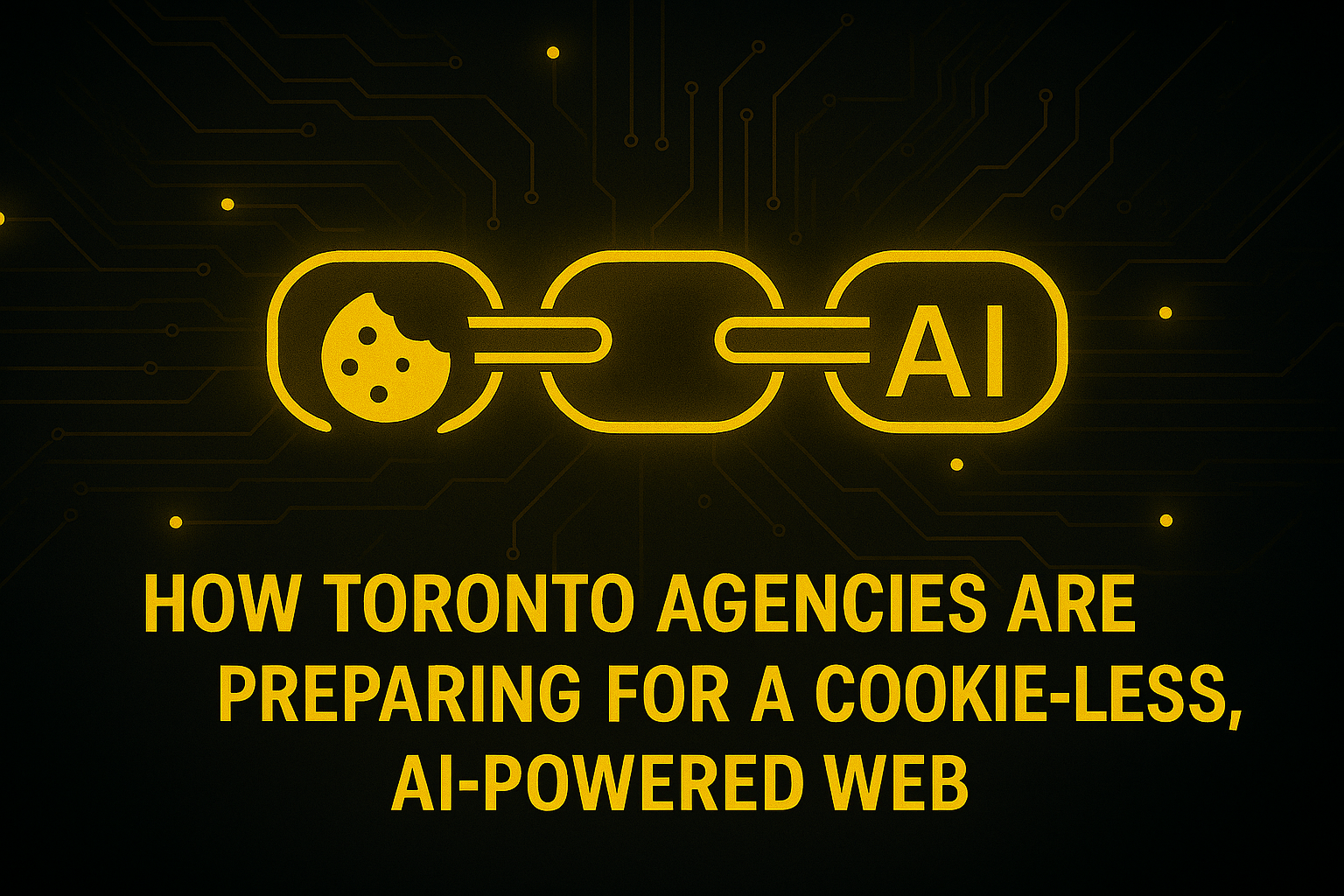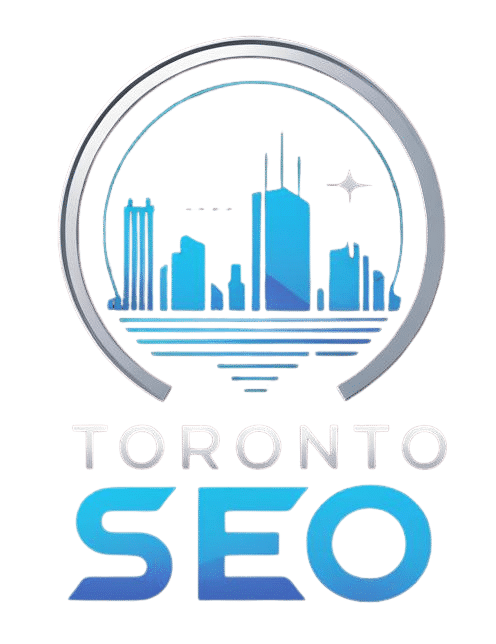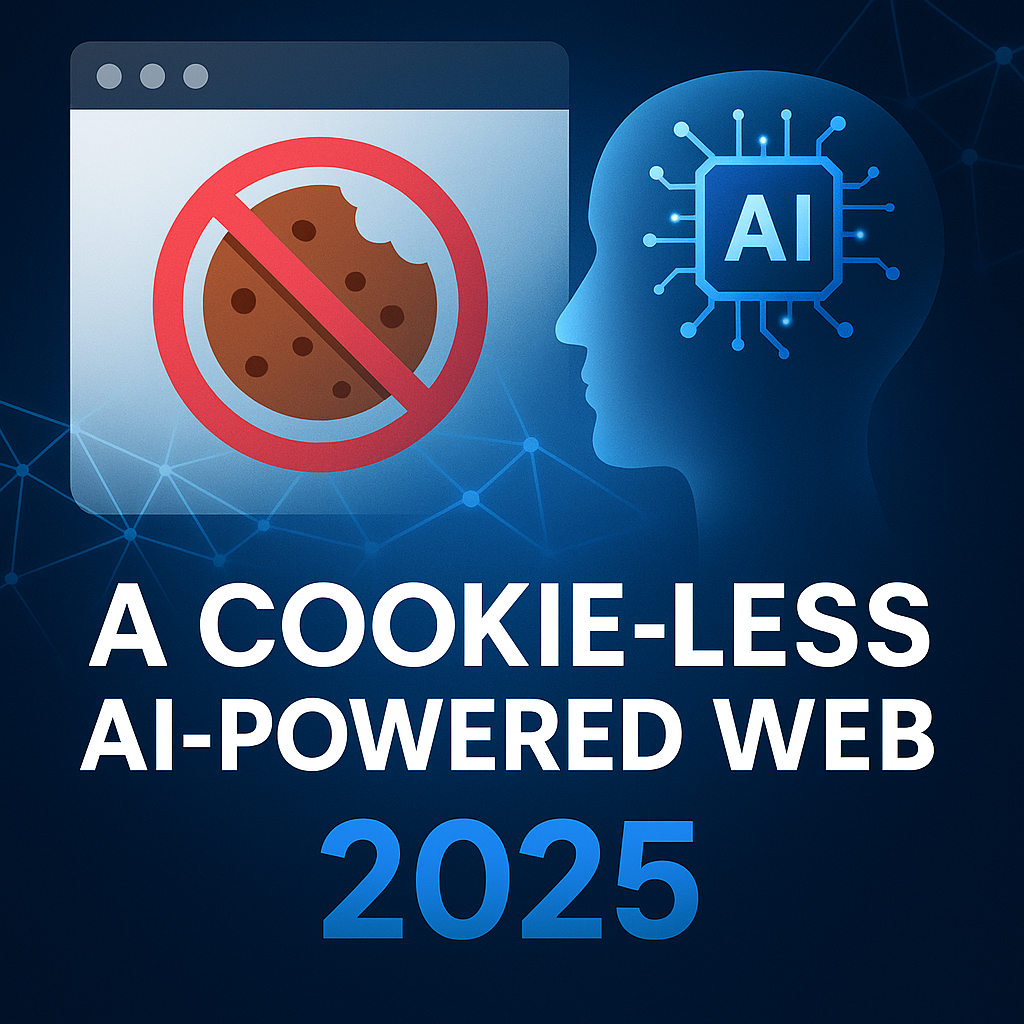
Understanding the Shift: From Cookies to AI
The digital world is undergoing a seismic shift. As third-party cookies are phased out due to privacy regulations like GDPR and evolving consumer expectations, agencies in Toronto are rewriting the rules of digital marketing. Add artificial intelligence (AI) into the mix, and we’re looking at a complete transformation of how brands target, engage, and convert their audiences.
Major browsers such as Google Chrome, Safari, and Firefox are blocking third-party cookies, making traditional tracking and ad personalization far less effective. But Toronto agencies are not reacting with panic—they’re innovating.
First-Party Data: The New Oil
What Toronto Brands Are Doing Differently
To prepare for a cookie-less future, leading Toronto SEO firms and ad agencies are investing heavily in first-party data strategies. They’re building customer data platforms (CDPs) and loyalty programs that incentivize users to willingly share information.
For instance, some of the top SEO agencies in Toronto are integrating first-party data with AI tools to create highly personalized user experiences—without violating privacy.
These AI-powered models analyze on-site behavior, purchase history, and email interactions to deliver intelligent remarketing strategies and dynamic content suggestions. Unlike cookies, this data remains within the ecosystem and offers a compliant, ethical marketing edge.
Contextual Targeting Is Making a Comeback
Why It Matters More Than Ever
Toronto agencies are also reviving an older method: contextual targeting. With cookies on their way out, marketers are matching ads to content that aligns with the target audience’s intent at that moment.
Modern contextual engines, backed by natural language processing (NLP) and machine learning, analyze page content in real-time. This allows agencies to place relevant ads in front of users based on current interests rather than past browsing behavior. According to Google’s own AI research, NLP is now advanced enough to rival traditional tracking in ad effectiveness.
This aligns perfectly with the move toward privacy-first marketing and complies with global regulations.
AI Is Reshaping Content Optimization
Content Meets Predictive Intelligence
Toronto-based digital firms are going beyond keywords—they’re building entire AI-driven content strategies. As detailed in this analysis on AI in Toronto SEO, agencies are using tools like GPT, Jasper, and Surfer SEO to generate optimized, search-ready content in minutes.
More importantly, predictive algorithms now suggest which topics to write about based on search trend data, voice search behavior, and user intent modeling. This not only helps brands stay ahead of competitors but also align content with the new AI-powered Google Search algorithms.
AI-Driven Keyword Clustering Is Dominating Strategy
How Toronto Teams Are Building Smarter Campaigns
In 2025, Toronto agencies are embracing AI-driven keyword clustering. Instead of focusing on isolated keywords, tools powered by machine learning group semantically similar terms into clusters. This supports topical authority, improves internal linking structures, and reflects user behavior more accurately.
Read more about how Toronto agencies are winning with AI keyword clustering to stay ahead of the competition.
This shift also enables cluster-based content architecture, a powerful way to dominate entire search verticals by publishing interlinked, semantically related content hubs.
Marketing Attribution in a Cookieless World
Rethinking Conversion Tracking
Without cookies, multi-touch attribution models are losing effectiveness. Agencies are turning to server-side tracking and machine learning-driven attribution modeling. These new models rely on statistical probabilities rather than user-level tracking.
Leading firms are also adopting UTM standardization and AI-powered analytics dashboards that evaluate performance based on macro trends instead of isolated user journeys. Platforms like GA4 and Mixpanel offer robust cookieless attribution features.
For those seeking deeper insights into this approach, see our guide on tracking SEO performance with analytics.
Personal Branding in the Age of AI
Building Authority in a Disrupted Landscape
As personalization becomes limited, humanization becomes essential. Toronto SEO experts are coaching clients to invest in personal branding and thought leadership. People trust people—not faceless brands.
This is why building a personal brand is considered the next big SEO move for Toronto founders. AI helps amplify this by automating scheduling, optimizing social engagement, and suggesting post formats that perform well based on audience data.
AI + Social Media = Cookie-less Amplification
Toronto agencies are using AI to optimize social media in real-time. As explored in our post on choosing the right social media platforms for your brand, platforms like LinkedIn, Instagram, and TikTok now offer granular insights into audience behavior—without needing third-party cookies.
AI tools help predict peak posting times, A/B test creatives, and even write adaptive ad copy based on trending formats.
How Google Ads Is Evolving in This Landscape
Many believe paid advertising would collapse without cookies, but that’s not the case. According to this detailed comparison of SEO vs Google Ads in Toronto, ad platforms like Google are already using Privacy Sandbox APIs like Topics and FLEDGE.
These allow interest-based targeting without individual identifiers. Paired with AI audience modeling, these new methods are proving surprisingly effective.
Future-Proofing with Ethical AI
Top agencies are prioritizing AI ethics and transparency. AI tools must be aligned with brand voice, avoid bias, and ensure compliance with laws like PIPEDA and GDPR. This is why responsible AI governance is baked into agency workflows.
According to Canada.ca’s Privacy Guide, businesses using AI must inform users about automated decision-making, especially for personalized recommendations.
Conclusion: Reinventing Strategy for a Privacy-First, AI-Led Era
The cookie-less, AI-powered web isn’t a threat—it’s an opportunity. Toronto agencies are not merely adapting; they’re leading the charge. By investing in first-party data, AI tools, personal branding, and contextual content strategies, they’re redefining what modern marketing means.
The future of SEO and digital marketing in Toronto belongs to those who understand this intersection of privacy, intelligence, and human-centric storytelling.
Ready to Work with a Future-Ready SEO Team?
Want to dominate SEO in this cookie-less, AI-driven age? Contact us today and speak with Toronto’s most forward-thinking digital strategists.


